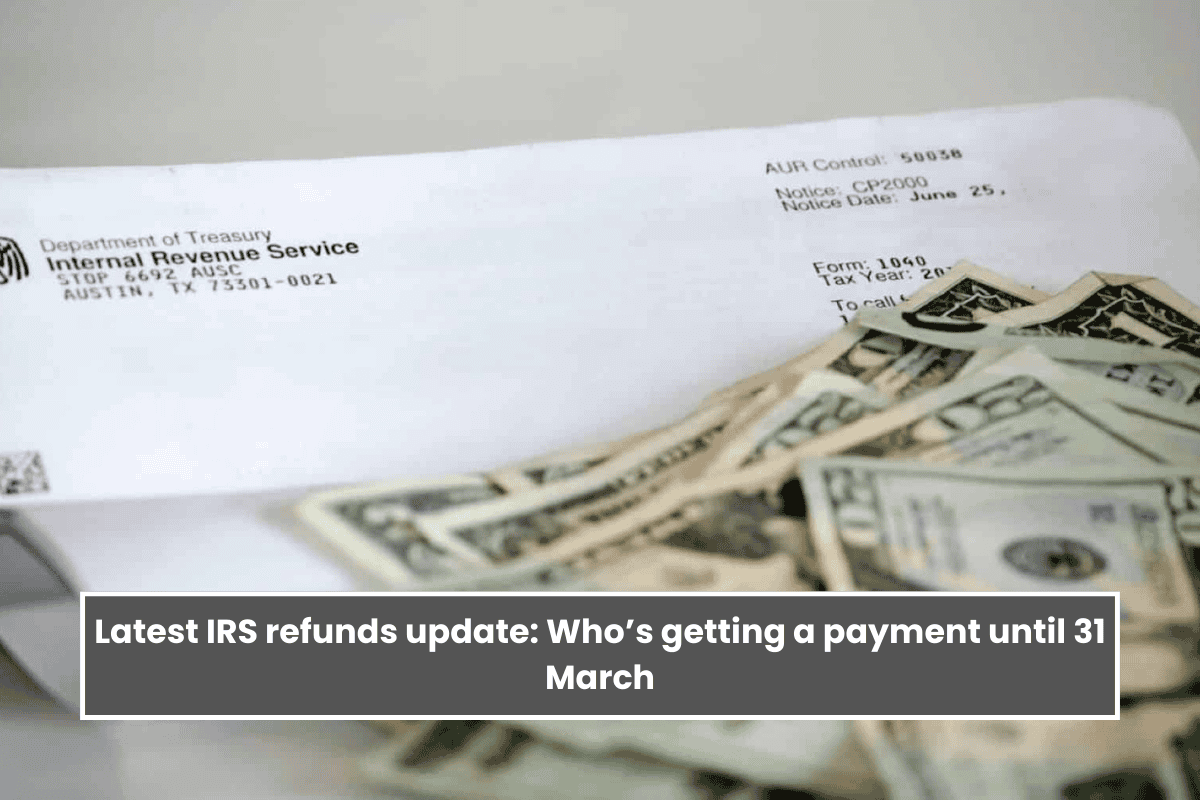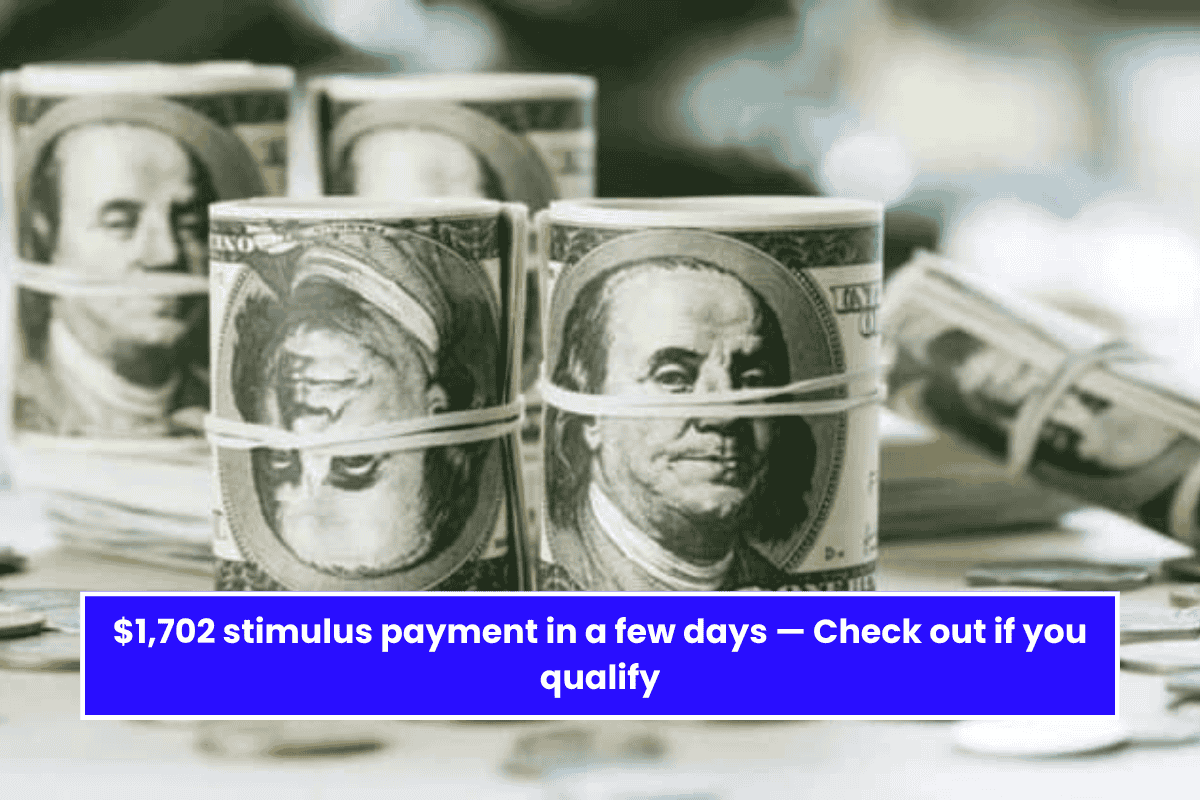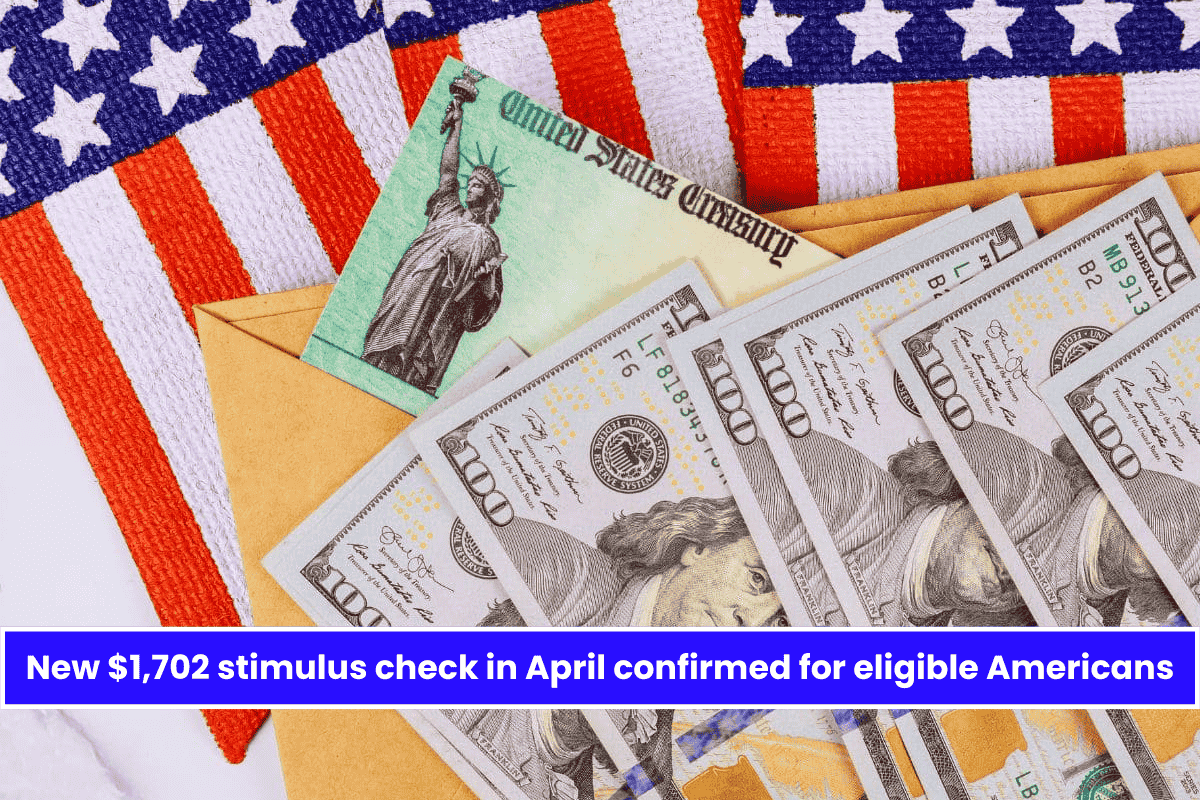This year’s news for American taxpayers is very good: the Internal Revenue Service (IRS) has officially announced the disbursement of $1,400 stimulus checks per person in 2025, which correspond to unclaimed recovery credits from 2021.
More than one million taxpayers will receive the $2.4 billion in automatic payments. The measure aims to correct errors in previous tax returns and reduce outstanding financial burdens.
The funds are part of a program known as the “Refund Recovery Credit,” which was established in 2021 under the American Rescue Plan Act.
Originally, this benefit was intended to mitigate the economic impact of the COVID-19 pandemic, but recent audits revealed that 1 million returns failed to claim it. Errors such as entering “$0” or leaving empty fields prompted the automation of the process.
Are they new stimulus checks? yes and no
In reality, no “new” stimulus checks are being created in the United States, but we do have billions of dollars that represent a new injection into the economy. “These funds were already allocated, but were not distributed correctly due to administrative failures,” explained one of the spokespersons we spoke with.
The institution anticipates that 95% of the beneficiaries will receive the funds by June 2025, prioritizing bank accounts listed in previous statements. To receive stimulus checks of up to $1,400, taxpayers must meet the following requirements:
Maximum income to receive automatic payment:
- $75,000 for individual taxpayers
- $150,000 for couples
Additional amount per eligible dependent:
- $1,400 for each dependent, including children
- Example: a family of four could receive up to $5,600
Exclusion for income greater than:
- $80,000 for individuals
- $160,000 for couples
Process and deadlines:
- IRS will use 2021 tax returns to determine eligibility
- Those who did not file taxes in 2021 must do so before April 15, 2025 to claim the credit
- Payments will be sent via direct deposit the physical check, according to the information recorded
- A will be sent notification letter to confirm processing
Should I do any additional procedures to claim the stimulus check?
In most cases, there is no need to perform any additional or unknown actions. The IRS will send the funds without requiring additional paperwork.
However, it is recommended that you double-check the postal address and bank account information in the agency’s system. Those who have changed their address or account must complete form 8822 or contact the Taxpayer Service Center.
For cases where payments have not been received, the agency recommends waiting at least six weeks after notification before reporting incidents.
Subsequent claims will require the submission of Form 3911, which is available on the IRS website. Experts warn against scams: “The IRS never requests personal information via email or social media website,” stated a tax analyst.
“DOGE dividends” rumors: are stimulus checks confirmed?
In recent weeks, rumors have circulated about potential stimulus checks tied to Dogecoin (DOGE) and allegedly funded with federal savings.
These rumors arose following statements made by figures such as Elon Musk and former officials, but the IRS has clarified that “there is no official cryptocurrency-related program for these payments.”
Some initial proposals suggested returning up to $5,000 per family through budget cuts. However, analysts believe these initiatives are “unlikely.”
National news outlets reported that if implemented, the amounts would range between $1,200 and $2,500, but only for active taxpayers. However, legislative experts have dismissed its viability. “We prioritize budget balancing over new disbursements,” a congressional aide explained.
Economists believe that the $2.4 billion injection will reactivate sectors like retail and services. According to a JP Morgan study, 68% of beneficiaries will use the funds to pay off debts, with 22% using them for essential expenses.
Although less than the impact of 2021, this measure could boost domestic consumption by 0.3% this year.















